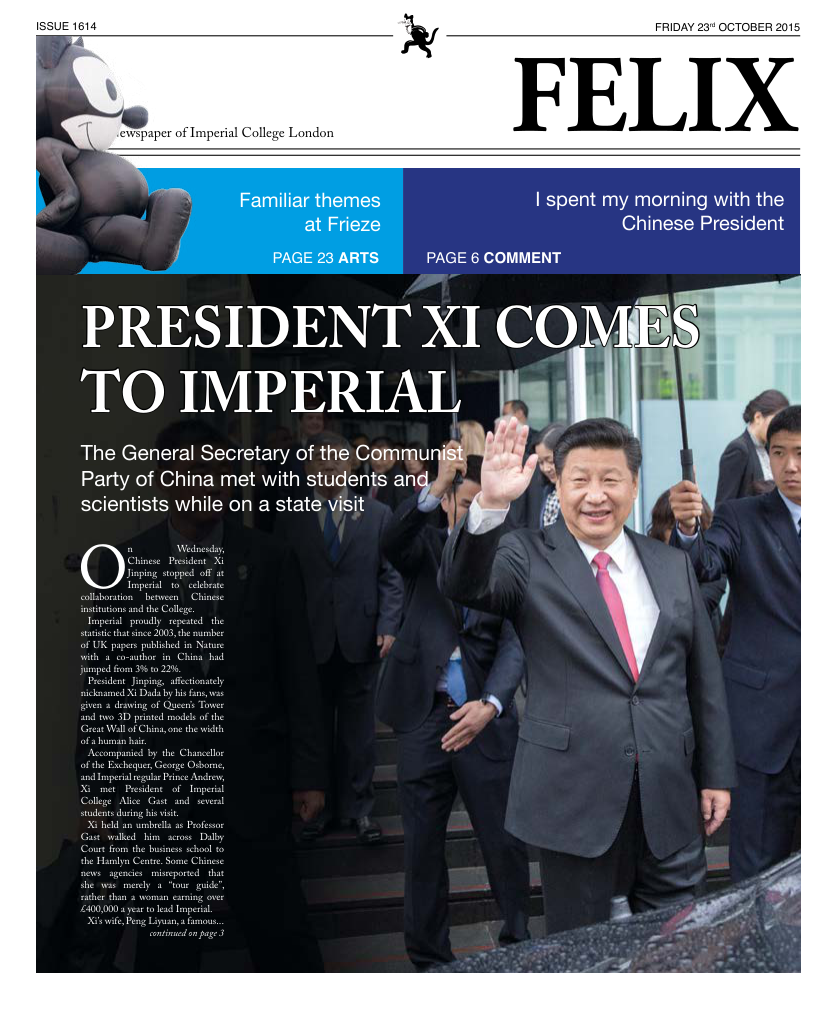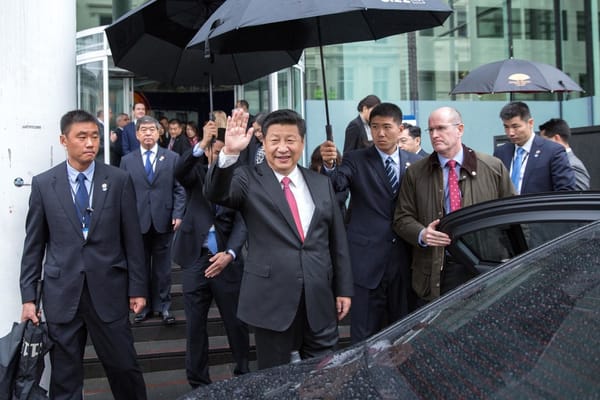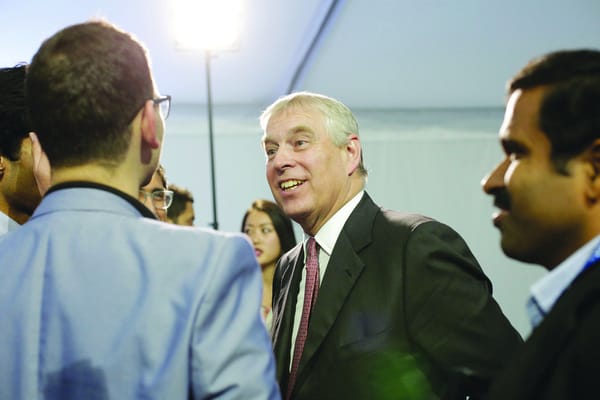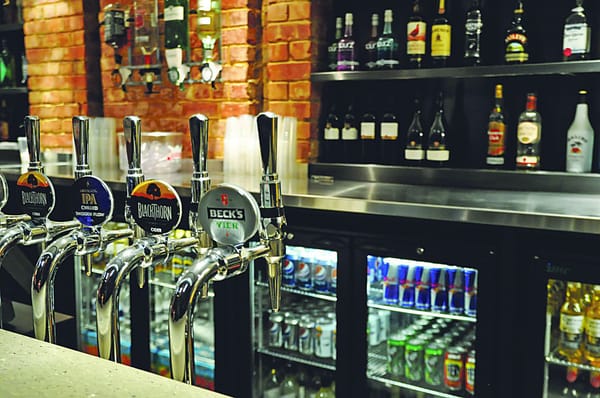Imperial medics fight contract changes
A strike ballot follows the demonstration on Whitehall that saw 20,000 flock to parliament
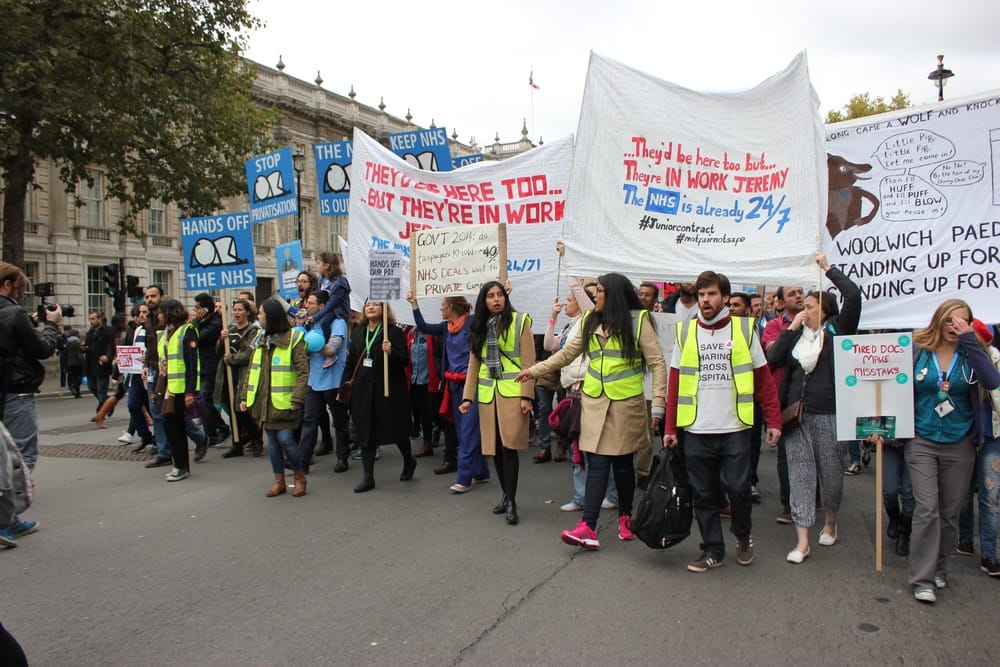
Over 20,000 people took part in a protest march in London against proposed government changes to junior doctors’ contracts last Saturday. Protests also took place in Belfast, Nottingham and Dundee.
Medical students, NHS workers and members of the public joined the crowds of junior doctors who marched on Westminster in objection to the planned changes, which are due to be introduced next August.The proposed terms of the new contract include a pay cut of up to 30% for those in some specialties and the reclassification of ‘normal working hours’ to include Saturdays and later evening finishes, moving from 7pm to 10pm.
Protesters have argued that the extended hours would negatively affect the quality of patient care, as “overworked” junior doctors would be expected to work up to 90 hours each week.
Jennie Watson, ICU Deputy President (Welfare), who is also a medical student, said it was good to see “so many of my fellow medics out fighting for the future of the NHS, the patients and our profession”.
The British Medical Association (BMA) has announced that a strike ballot will take place next month. This would be only the second time in 40 years that doctors have taken industrial action, the last time being a strike over a pension dispute in 2012.
The decision to ballot BMA members had not been “taken lightly”, said junior doctors’ leader Dr Johann Malawana.
“The government’s refusal to work with us through genuine negotiations and their threat to impose new contracts that we believe are unsafe for patients and unfair for doctors, leaves us with few options”.
On the topic of industrial action, Jennie said, “I’m sure there will be plenty of ICSM students and alumni on the picket lines if there is a strike”.


